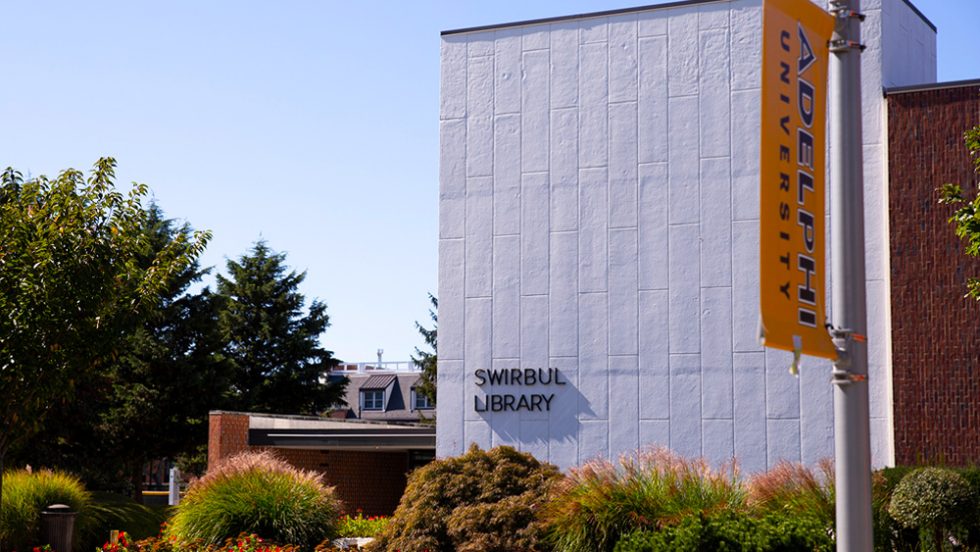
Over the past 20 years, sources of knowledge have rapidly increased. In addition to traditional media and library collections, we can find information in blogs, social media, Wikipedia, big data, Zoom Rooms and Google Hangouts, among many other sources. With this expansion come questions on how we create, obtain and share knowledge and how we make knowledge accessible while respecting privacy.
“Why and how should research be ‘open’?” asked Violeta Ilik, dean of University Libraries. “If open research accelerates results, shouldn’t we strive to make research articles and related data fully available to researchers around the world at the time of publication? How inclusive is the global research—does it include knowledge of indigenous cultures, Global South cultures and other excluded, marginalized groups in the Global North? What tools and new technologies can we use to represent, analyze, augment and exploit scholarly communication in a knowledge-based way?”
To answer these questions, University Libraries and the Office of the Provost are co-sponsoring the Critical Knowledge Forum. This new lecture series is bringing renowned academics and thought leaders to our virtual campus.
There are six events scheduled, with more coming.
The first event, “Decentering the White Gaze of Academic Knowledge Production,” was held on November 9. Leslie Chan, PhD, associate professor, Department of Arts, Culture and Media and the Centre for Critical Development Studies at University of Toronto Scarborough, discussed key concerns about how academic knowledge infrastructures are controlled by a small number of multinational publishers and that the knowledge production system is deeply rooted in colonial practices and whiteness. He also provided his thoughts on how we can act to make knowledge production more equitable.
According to Ilik, “Dr. Chan argued that much of the invisible and hidden elements that govern the current knowledge production system are deeply rooted in colonial practices and on whiteness. This is why, despite the growing acceptance of open access, racial and other forms of inequities in scholarly production continue to widen. He provided support to his arguments with case studies and pointed to means for collective action for decentering whiteness in knowledge production.”
The next event will take place on November 23. Nikola Stikov, PhD, associate professor of biomedical engineering at Polytechnique Montréal, will present “Increasing SNR (Signal-to-Noise Ratio) in Science Communication.” Dr. Stikov will discuss making science communication more open to the public and how to strike a balance between transparency and privacy. He will introduce participants to the Canadian Open Neuroscience Platform (CONP) and its efforts to revolutionize academic publishing using open-source Jupyter technology.
The series continues on the following dates with these guest speakers:
- Monday, December 7, 2:00 p.m.: Sören Auer, PhD, professor of data science and digital libraries at Leibniz Universität Hannover and director of the German National Library of Science and Technology (TIB)
- Wednesday, February 17, 1:00 p.m.: Christopher Aiden-Lee Jackson, PhD, Equinor Professor of Basin Analysis, Basins Research Group (BRG), Department of Earth Science and Engineering, at Imperial College London
- Wednesday, February 24, 1:00 p.m.: Melissa Haendel, PhD, director of the Center for Data to Health (CD2H) and professor of medical informatics and clinical epidemiology at Oregon Health & Science University and director of translational data science at Oregon State University
In an interview conducted with Ilik shortly after she joined Adelphi in July 2020, she said libraries need to “keep learning and readapting” and that she believes “that with the help of everyone at the libraries and the whole Adelphi community, we can continue to build a library that meets the needs of 21st-century scholars and students.” This series is an important step toward this goal.